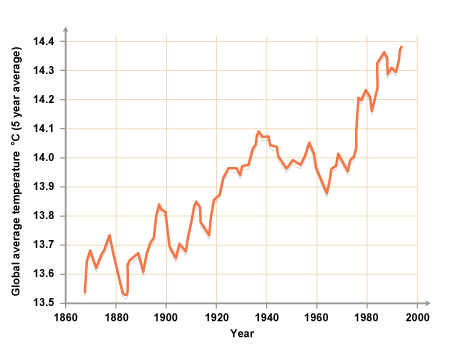The impact of controversy on the production of scientific knowledge

Download
Much of the existing literature employing the framework of controversy focuses on the science-policy interface. However a clear gap exists regarding the way(s) in which controversy may fundamentally shape the production of scientific knowledge itself. This research uses the debate about climate change as a case study to understand the impact of controversy on the production of scientific knowledge, focusing in particular on the interrelated elements of scientific practice and the agency of individual scientists. Based on 63 research interviews with climate scientists, “sceptical voices” about climate change and others, it finds that whereas the majority of climate scientists do not consider sceptical voices to have an impact on scientific practice, the vast majority do identify impacts on scientific agency. The predominant type of agency-related impact is increased caution, followed by disruption, a greater focus on communication, defensiveness and reluctance to publicly engage. It is argued that scientists’ ability to distinguish between impacts on agency and practice is both a performative expression of Gieryn’s (1999) notion of boundary work and a function of controversy, with the greater the impact of controversy, the less fluid and contingent the boundary between the two. Boundary work is thus a more active and explicit process under conditions of public scientific controversy, as scientists work to ensure the independence and unassailability of their cognitive authority in contested domains. Potential implications for epistemological norms and the social value of science are also identified.

